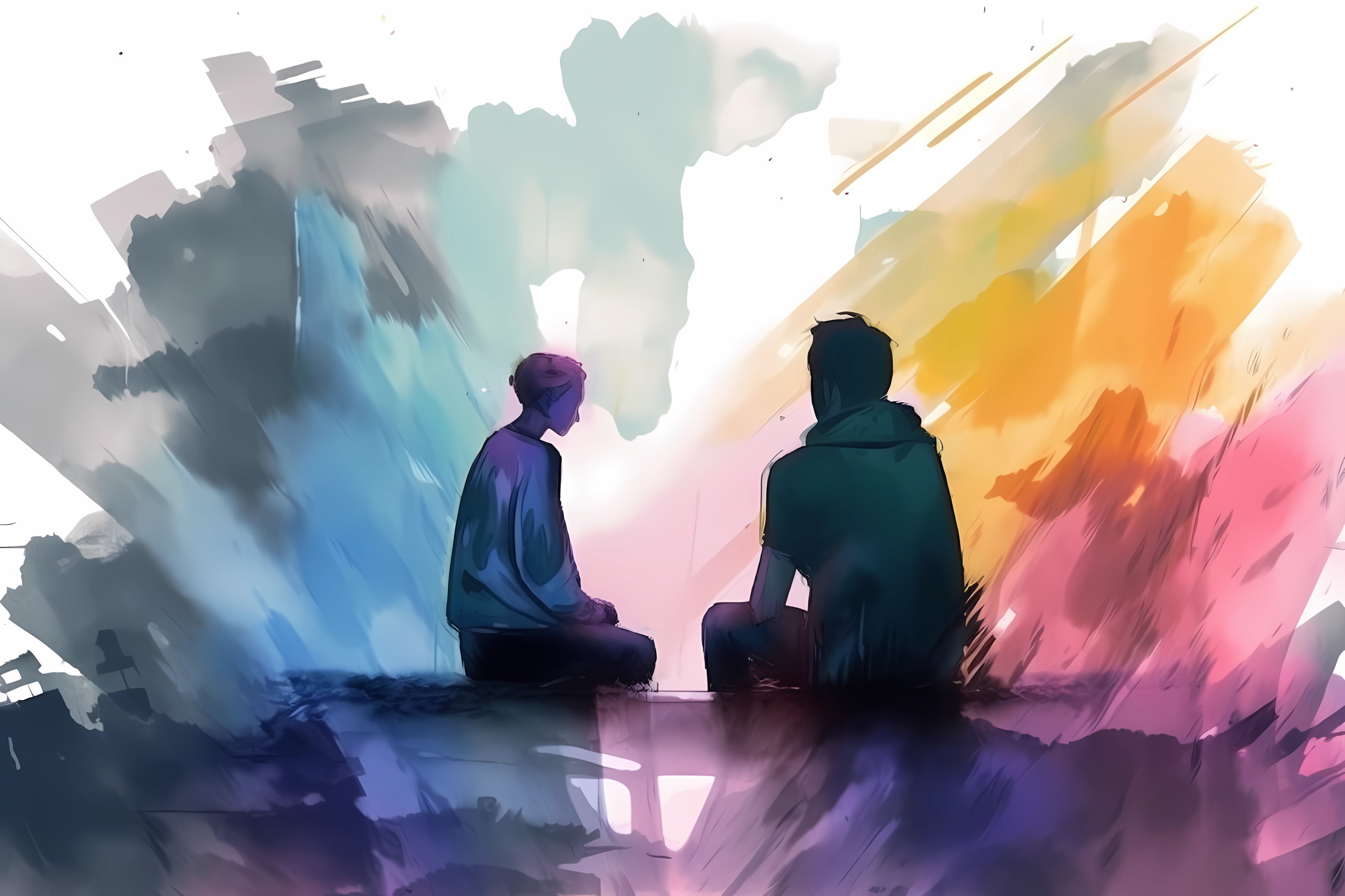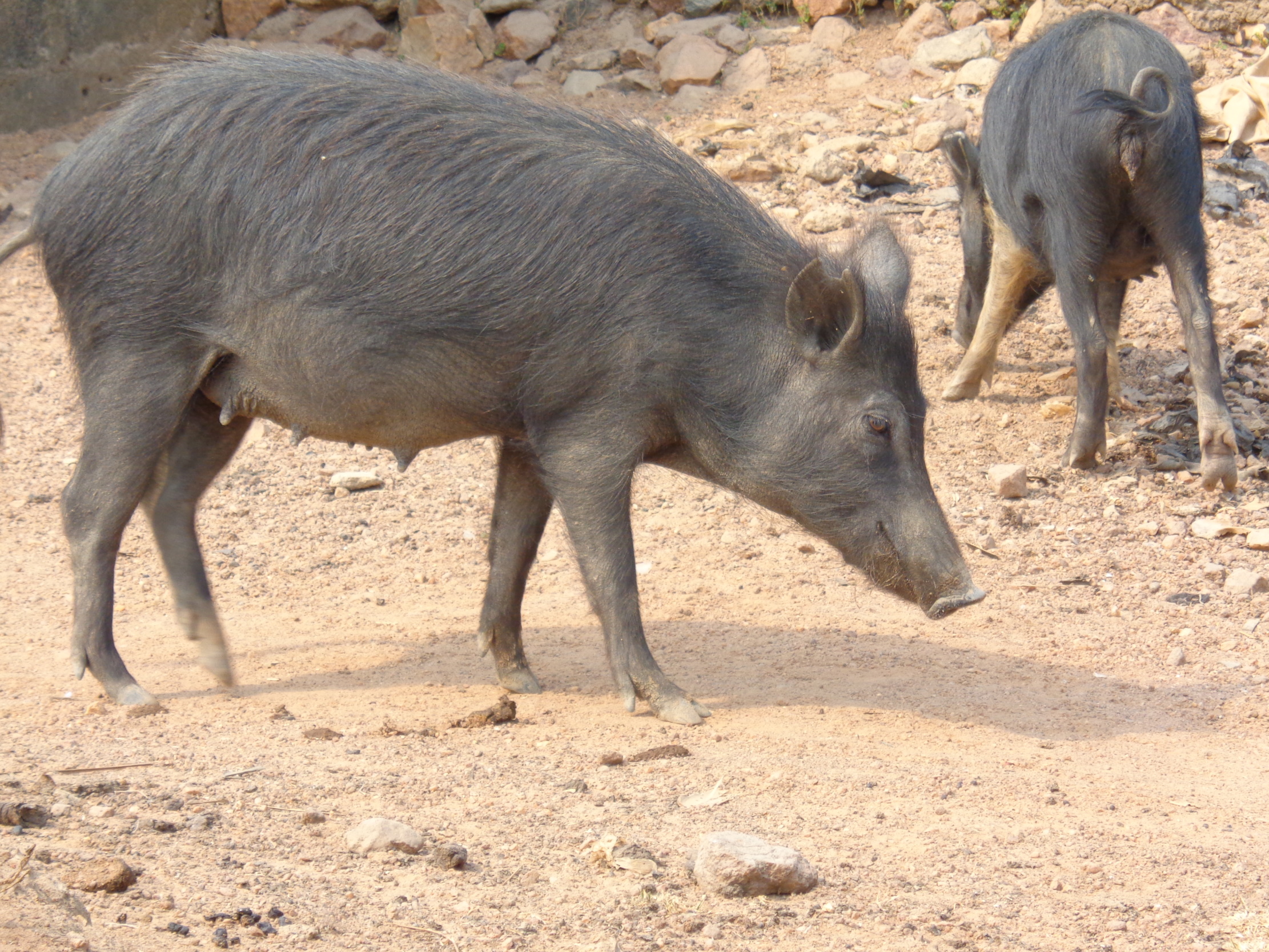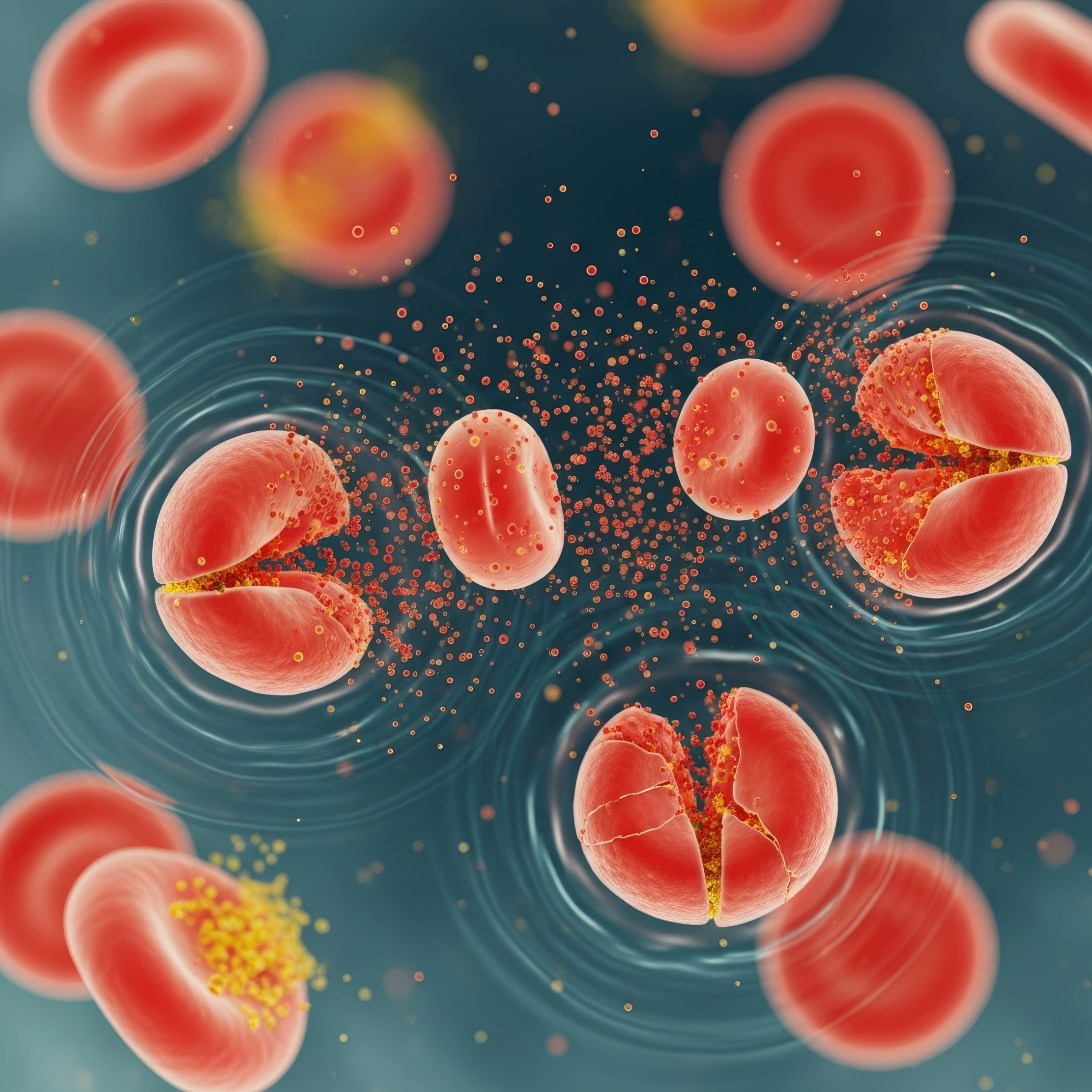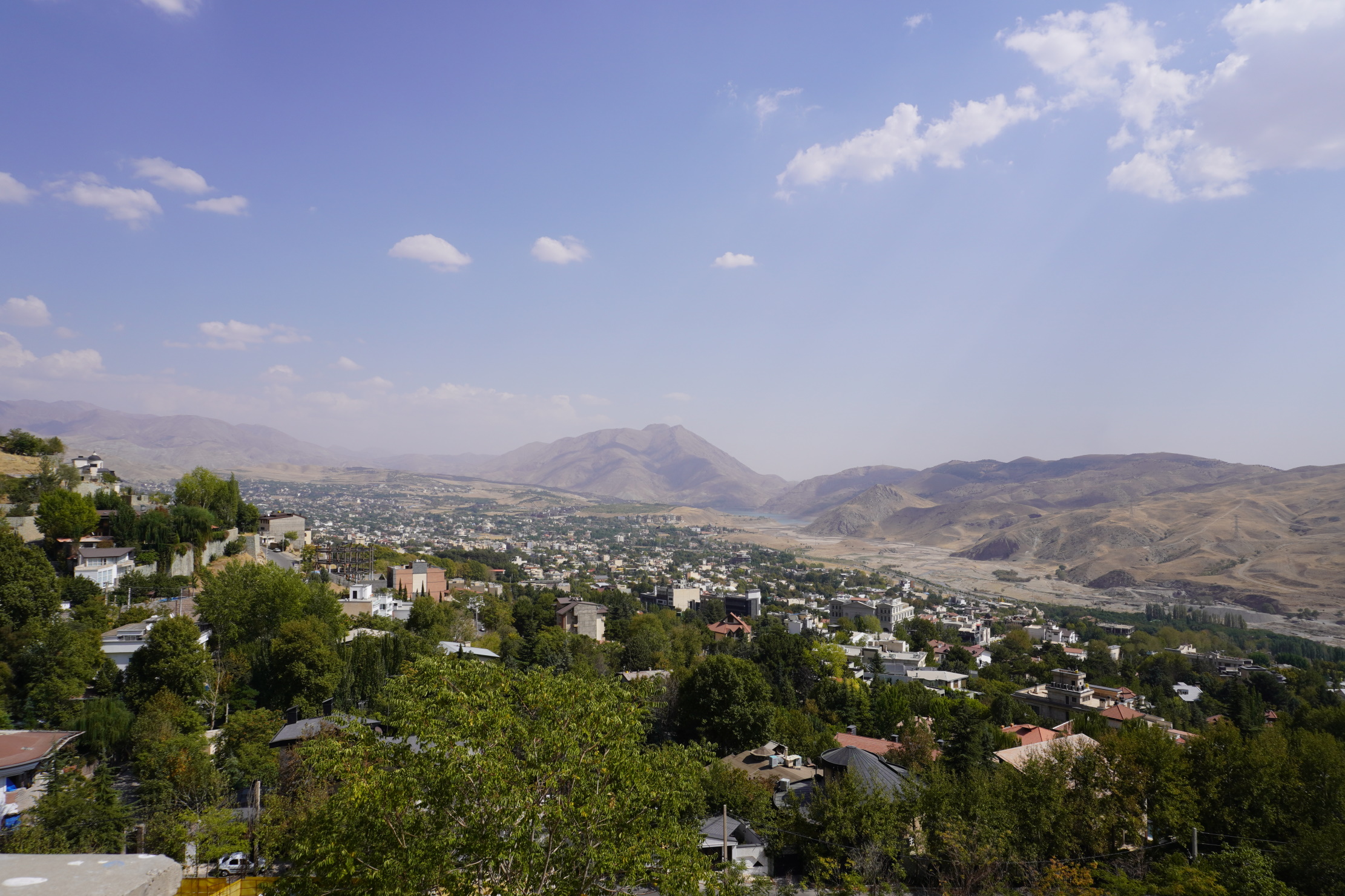Animated Educational Videos Promote Learning Among Farmers
Original Article Reference
This SciPod is a summary of the paper:
doi.org/10.1080/02681102.2017.1298077
About this episode
There are up to one billion people with low literacy globally, many of whom live in rural areas and only speak their region’s local language. In Africa alone, there are an estimated 2000 local languages. Researchers are exploring new ways to make knowledge accessible to isolated communities that only speak local languages. One approach involves the use of animated educational videos, which can be dubbed in any language and can be shared in rural communities. In a study conducted in Benin, Dr Julia Bello-Bravo of Purdue University compared the effectiveness of animated educational videos to traditional presentations. This work was performed in collaboration with Benin’s International Institute for Tropical Agriculture. Dr Bello-Bravo’s team found that, not only did participants prefer videos, they actually learned more from them too.
This work is licensed under a Creative Commons Attribution 4.0 International License. 
What does this mean?
Share: You can copy and redistribute the material in any medium or format
Adapt: You can change, and build upon the material for any purpose, even commercially.
Credit: You must give appropriate credit, provide a link to the license, and indicate if changes were made.
More episodes
Dr Suzanne Coyle | Weaving Spirituality into Psychotherapy: How Stories Help Healing
As the practice of psychotherapy increasingly embraces the spiritual dimensions of the human experience, therapists are investigating new ways to weave faith and meaning into healing. Dr Suzanne Coyle, a licensed pastoral counsellor and family therapist, explores the role of spirituality in psychotherapy and how this intersection can support the journey of healing. Her work provides practitioners with the tools and knowledge to meaningfully integrate spirituality into clinical practice.
Associate Professor Adeniyi Charles Adeola | History Written in Base-Pairs: The Hidden Stories in African Pig Genomes
Africa is often described as a continent of extremes. Vast deserts give way to lush rainforests; humid coastlines sit beside high, cool plateaus; ancient savannas stretch for thousands of kilometers. Life in Africa has always existed at the edge of change, shaped by heat and drought, abundance and scarcity. Survival here has never been guaranteed, it has had to be earned, generation by generation, through adaptation. Nowhere is this long story of adjustment and resilience written more clearly than in DNA.
Dr. Jürgen Gailer | Linking the Blood Chemistry of Metals with Adverse Human Health: New Tools Reveal an Invisible World
Researchers Maryam Doroudian and Jürgen Gailer from the University of Calgary explore what happens when red blood cells rupture and release a zinc-containing enzyme called carbonic anhydrase 1 into the bloodstream, revealing that it remains unexpectedly free and may influence vascular health. Their work also connects to broader research showing how liquid chromatography is transforming our ability to study toxic cadmium and mercury as they move through the body. Together, these studies uncover hidden biochemical processes that shape how environmental pollutants and blood-cell damage affect human health.
Prof. Satoshi Abe | The Unexpected Symbols Driving Iran’s Environmental Movement
If you walk through the bustling streets of Tehran, you might first notice the traffic, the densely packed apartments, or young people weaving through the city on motorbikes. But if you look a little closer, you may notice banners stretching across overpasses, tiny flags lining the perimeters of parks, or posters taped to walls, and you might just begin to sense something else humming quietly in the background: a story about nature, identity, and the nation itself. According to Prof. Satoshi Abe of Tottori University, Japan, who has researched environmental activism in Iran, the country is experiencing not just an environmental crisis, but an environmental reimagining. Iranians are not simply debating water shortages, air pollution, or endangered species, though they are certainly doing that. They are also wrestling with questions about what “nature” means within the story of Iran.
Increase the impact of your research
• Good science communication helps people make informed decisions and motivates them to take appropriate and affirmative action.
• Good science communication encourages everyday people to be scientifically literate so that they can analyse the integrity and legitimacy of information.
• Good science communication encourages people into STEM-related fields of study and employment.
• Good public science communication fosters a community around research that includes both members of the public, policymakers and scientists.
• In a recent survey, 75% of people suggested they would prefer to listen to an interesting story than read it.

Step 1 Upload your science paper
Step 2 SciPod script written
Step 3 Voice audio recorded
Step 4 SciPod published




